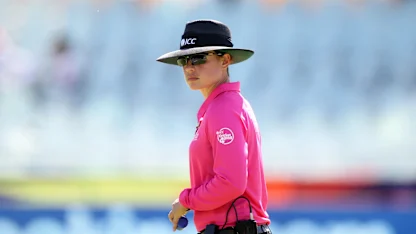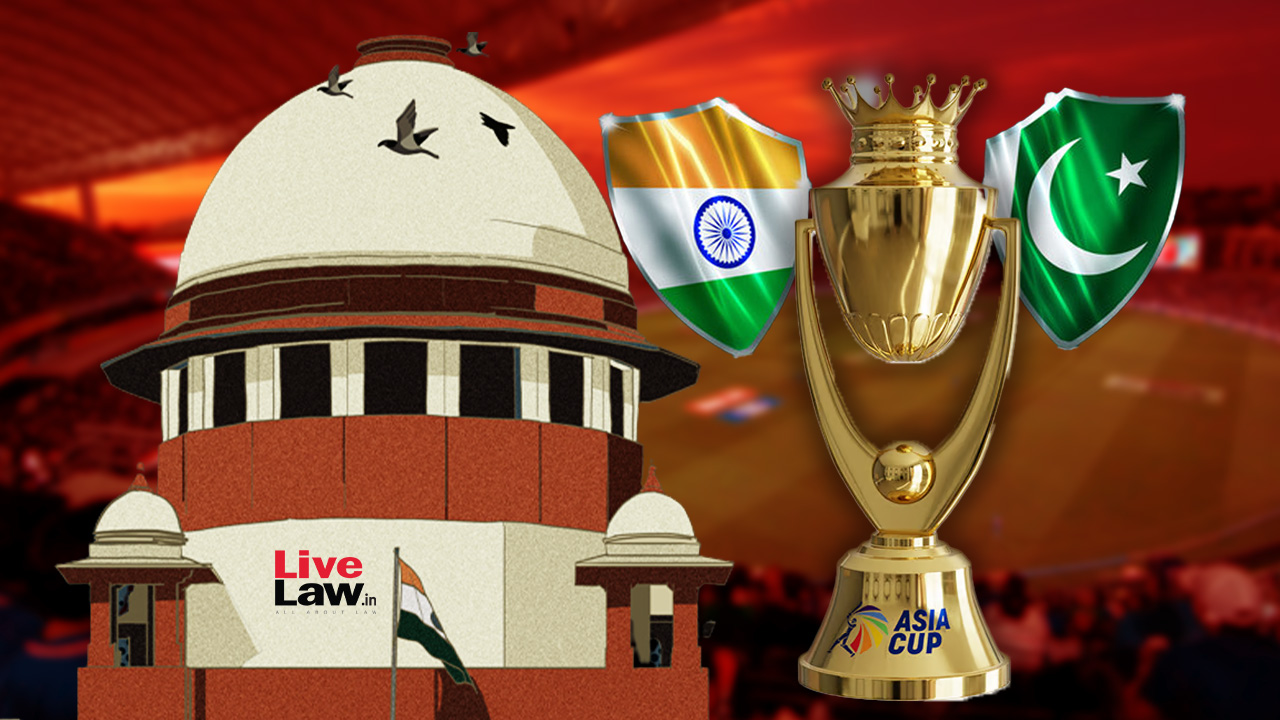Girls who play sport after school ‘more likely to get top jobs’

“These include not only physical and mental health and wellbeing benefits, but also the development of key life skills such as communication, teamwork and leadership. Life skills development can be particularly helpful for young people as they grow up with many of these being highly valued within the world of work.”However, despite the career-boosting benefits of playing sport, the research found that girls were far less likely to do so than boys. According to the study, boys aged 11 to 18 spent an average of 1.4 hours more per week playing sport.In addition, boys were one and a half times more likely to play team sports than girls, and twice as likely to participate in competitive sport. When women and girls did exercise, they were found to be more likely to engage in non-competitive forms such as fitness classes.• How do you get boys to learn languages? In a word: footballThe researchers also reported on the barriers girls experience that prevent them from engaging in more sporting activities.One in three girls surveyed said that boys had access to a wider range of sport. About the same number said that boys’ teams got priority booking for pitches and facilities, leading many girls to disengage by age 11.Others reported facing discriminatory behaviour when playing sport: a third of girls aged 11 to 18 had experienced sexist comments.• Girls can have short hair, says team accused of fielding boysMaking several recommendations, the report urged the government to make it a statutory requirement for all publicly funded institutions to provide equality of opportunity in sports provision.It also called for the launch of a “National Girls and Women in Sport Day” and recommended that the PE curriculum in schools be updated to better reflects girls’ experiences of sport.Dana Strong, Sky’s chief executive, said: “Broadcasters like Sky have a crucial role to play in driving access and visibility of women’s sport, but this alone won’t close the gap. We need to break down the barriers that tell young girls they don’t belong.”

.jpg?w=3800&h=2000)


.jpg)








